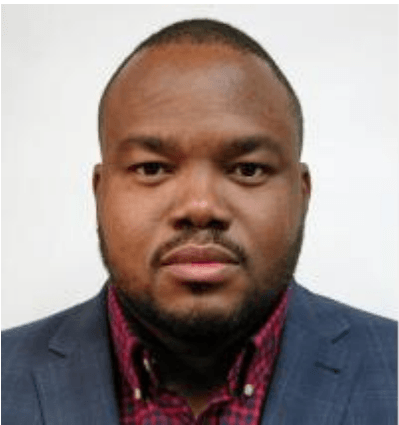
Join Jenny on her R&D postgraduate journey
It’s an exciting time in the Research & Development team with the opening of a newly created Development Scheme for postgraduates undertaking scientific or technical masters’ degrees. We spoke to Jenny Nilsen, one of the scheme’s first participants. Having completed a BEng in Mechanical Engineering at the University of Manchester, Jenny was preparing for the challenge of employment and like most graduates, focused on making herself as employable as possible! In this interview, Jenny shares her experience of how the development scheme helped her achieve this.
Can you tell us a bit more about the Development Scheme?
So, the R&D Development Scheme (RDDS) is a fast paced and challenging programme for those who are looking to test drive their skillset while discovering new ones. The scheme has provided me with opportunities to develop my education through a part-time master’s qualification (MSc) at the University of Manchester and also training courses aimed at developed my modelling skills, whilst working for EDF Energy.
What are you currently studying?
I am reaching the end of my MSc in Nuclear Science and Technology. As part of this course I have visited many nuclear sites such as Springfields and URENCO.I was lucky enough to undertake one of my modules in Vienna where I spent one week performing measurements and gaining operating experience on the TRIGA Mark-II nuclear reactor at the Atominstitut. During the trip to Vienna, I also visited the Vienna International Centre which is home to the United Nations Office (right) and the headquarters of the International Atomic Energy Agency.
How did you benefit from the R&D Development Scheme?
From early on, I found that I was able to apply many of the skills gained from the MSc course to what I was researching. The unique advantage of working on real projects whilst pursuing my studies is that I am able to study a problem theoretically while at the same time being actively involved in solving real operational challenges. The masters course provided me with the knowledge to put me in the best possible position to begin my career within the nuclear industry.
What are you working on with R&D UK?
At the beginning, I joined the structural integrity team. My first project was focused on the structural integrity of welds in nuclear power plants. I was assigned to perform a Monte Carlo style statistical assessment, which involved repeatedly generating samples and using them in a solid-state phase transformation model to assess uncertainties in the model inputs. The aim is to determine what effect this may have on final residual stresses so that we can ultimately avoid failure of welds.
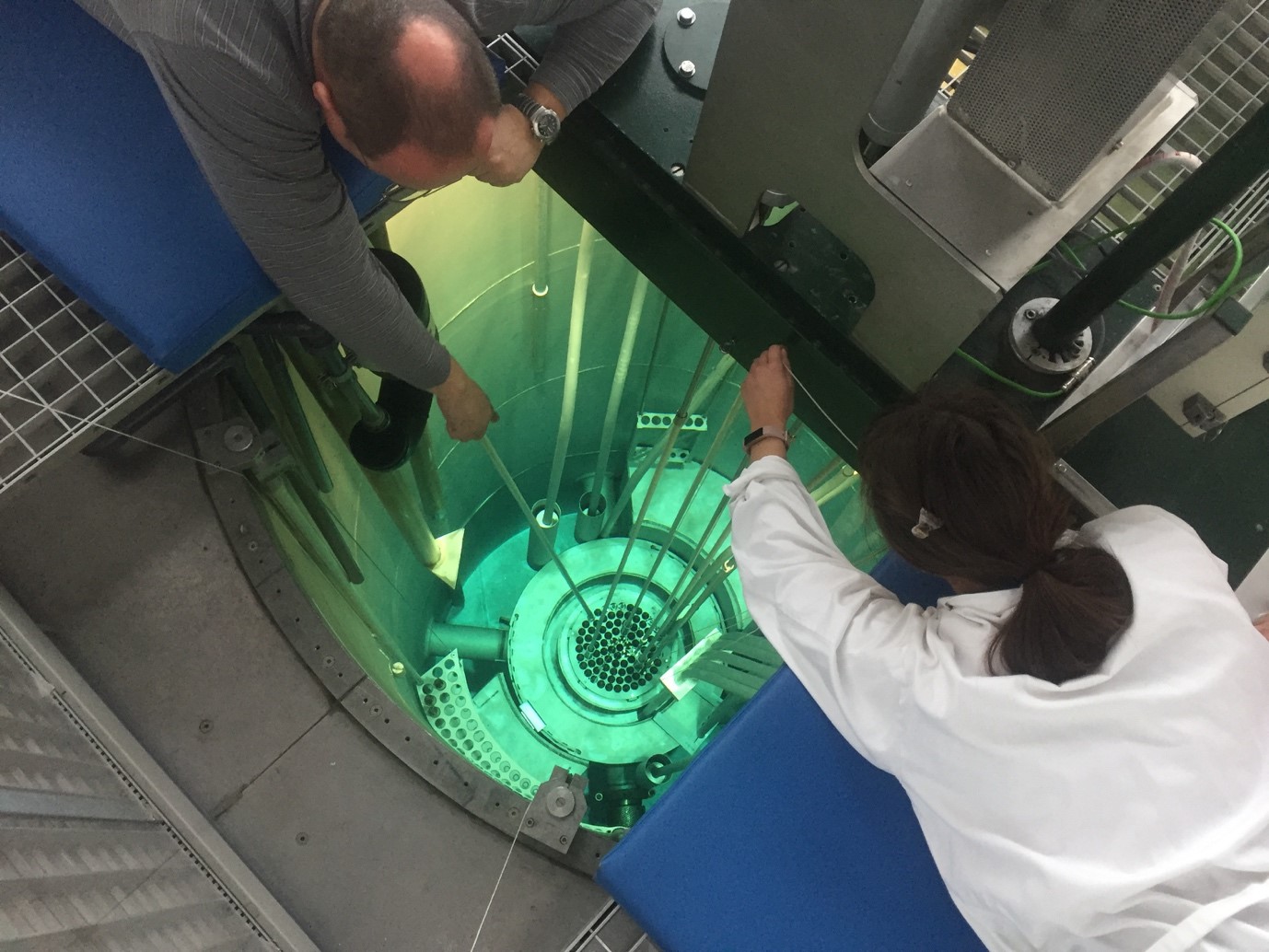
Figure 1: Taking measurements of the thermal neutron flux density in the reactor core by inserting cadmium coated gold foils.
A few months into the first project, I took on a second project in a different area that required me to think differently and make use of a range of skills.
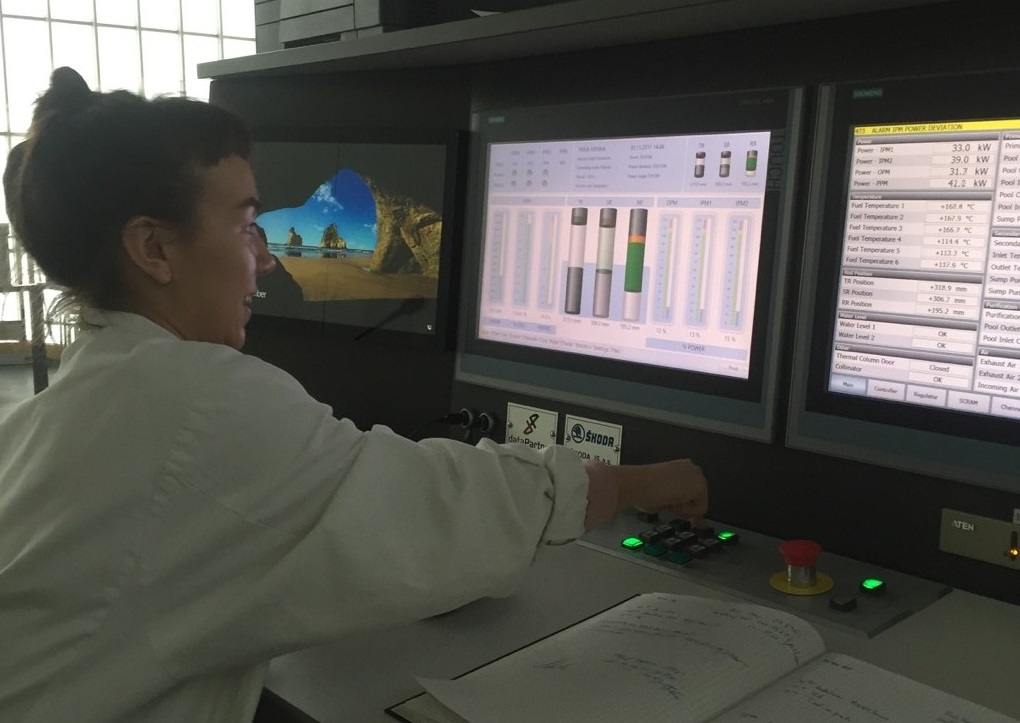
The second project was a literature review to critically assess the suitability of current impact assessment procedures used in the nuclear industry. In order to carry out the modelling element of this project, I joined a short training course on computational fluid dynamics (CFD) which is a branch of fluid mechanics used to analyse and solve problems involving fluid flow. This enabled me to create a CFD model capable of predicting jet impingement forces from burst pipes and vessels. This formed an important part of the project as it demonstrated the outcome of some of the assumptions made in the current impact assessment procedure.
How was it working and studying at the same time?
Well, I am working on two projects simultaneously while also undertaking the masters course. It is often challenging to balance work-related activities and deliverables with exams and assignments.
My team here have always been very encouraging and supportive though
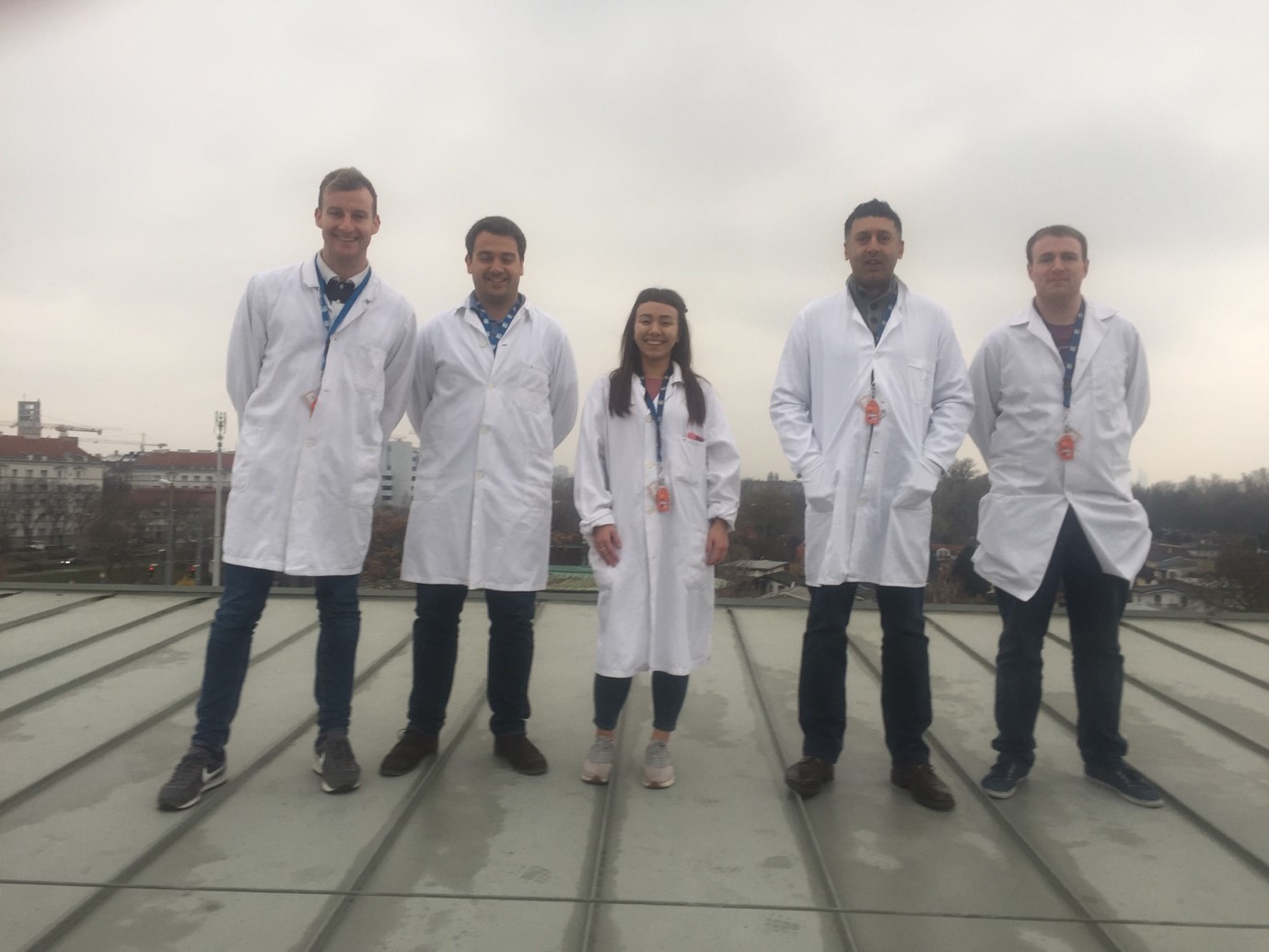
What’s next for you after the scheme?
The scheme has been great because I have been able to rotate around the different teams to get a feel for what I would like to focus on after completing the Development Scheme. As a result, I am looking to develop my career as a research engineer and contribute to complex engineering projects here at EDF Energy. In the coming months, I will be considering possible opportunities within different teams or maybe even pursuing a PhD.
To learn more about R&D UK activities visit our webpage. For RDDS vacancies visit the Early Careers website.
Related articles
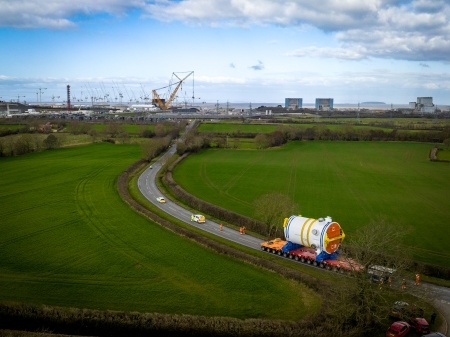
EDF UK R&D Net Zero Heroes: Ruth
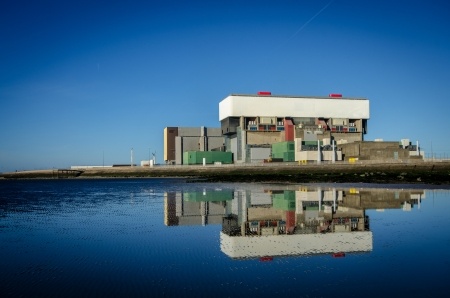
Exciting progress on hydrogen plans for Heysham 2
